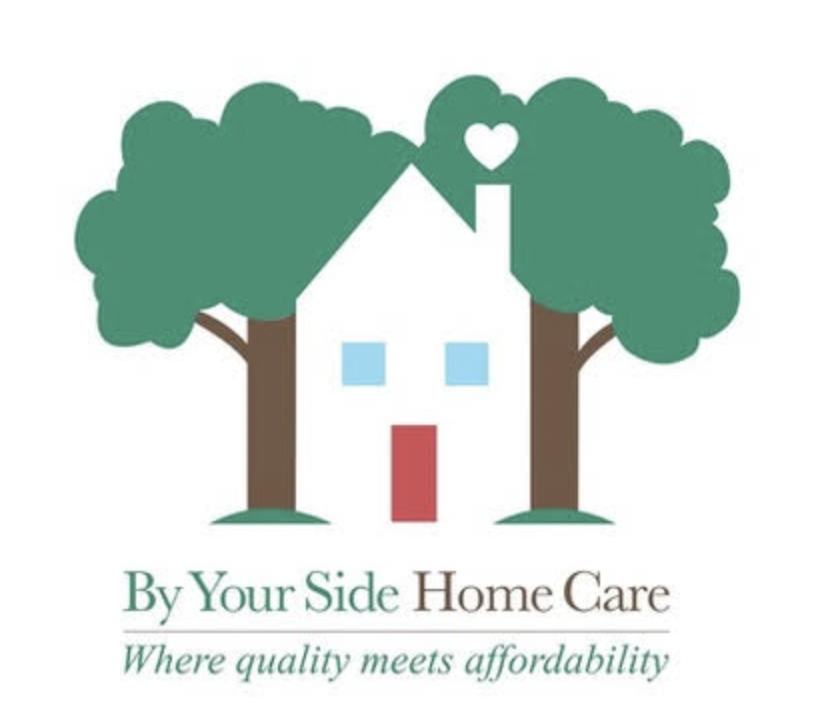Eating Disorders In The Elderly
We often think of eating disorders only affecting younger people. Because of this misconception, eating disorders in the elderly are often missed or misdiagnosed. Stress is the most common cause of an eating disorder. Our elderly loved ones may be dealing with declining health, loss of a spouse or friends, feelings of isolation, or other situations that make them feel they have lost control. Refusing food or altering their eating habits can be a way of trying to regain some sense of control in their life.
Eating disorders in the elderly can be more serious because of already existing chronic disorders or diseases that could have already compromised their health. So family and caregivers should be aware of these five eating disorders.
Anorexia of Aging is defined as a lack of appetite or decreased food intake in the elderly. As in younger people, the elderly can be dealing with self-doubt and low-esteem and use food as a way of controlling their emotions. Plus, the sense of smell and taste decline in the elderly which can lead to decreased food intake. This can also lead to limits on the type of food eaten leading to a less varied diet.
Bulimia involves the purging of food by vomiting or the misuse of laxatives. It’s harder to spot someone with bulimia because it normally doesn’t result in drastic weight loss or changes in eating habits. Seniors that suffer from bulimia often have a higher risk of heart issues.
Binge Eating involves quickly and uncontrollably eating large amounts of food. Binge eating often can occur along with anorexia and bulimia. This disorder in seniors can cause quick unhealthy weight gains.
Orthorexia occurs by having an unhealthy obsession with healthy foods. Seniors with orthorexia may strictly limit their eating by cutting out all food groups until they are eating only a small selection of foods. They will also avoid social eating thinking the food provided is not healthy enough.
Pica is an uncommon eating disorder that causes cravings for items that have no nutritional substance. Someone with pica may eat things like ice, hair, paper, or earth. This is sometimes caused by mineral deficiencies but also by forms of obsessive-compulsive disorders.
Eating Disorders in Elderly Men
It is often thought that only women tend to struggle with eating disorders, but men can also develop unusual behaviors and issues with food. The fact that men aren’t thought to suffer from eating disorders can lead to the signs being missed or misdiagnosed. The most common eating disorder seen in elderly men is binge eating. They can also suffer from bulimia and anorexia but these are less commonly found. In men, anger tends to be the prime cause of eating disorders. Since men tend to be more defined by their occupation and retirement can bring a feeling of decreased value and purpose in their life. So the anger might come from unfulfilled goals and expectations.
Signs That Might Suggest an Eating Disorder
Unexplained weight loss or gain in a short period of time
Chronic dizziness
Complaining of being cold all the time
Excessive hair loss or dental damage
Heart or gastrointestinal problems
Poor sleeping and fatigue
Loss of motivation to eat or only eating from a limited food group
The desire to eat alone rather than with friends or family members
A kitchen that looks unused with little or no food in the cupboards or refrigerator
Using the restroom after eating
The appearance of diuretics, laxatives, and diet pillboxes
How to Help
With spring approaching and the promise of nicer weather, families may be starting to make plans for gathering together for Easter, Passover, and family reunions. Whether you are able to get together in person or plan to online, this would be a good time to be attentive to any physical or behavioral changes.
If you do think your elderly loved one may be dealing with an eating disorder the most important action you can take is opening the lines of communication and together meet with their physician about steps that can be taken in treatment and care of their health. By Your Side is also here to offer you peace of mind by assuring that your elderly loved one is well cared for. We invite you to contact us for a free, no-obligation, in-home consultation.

